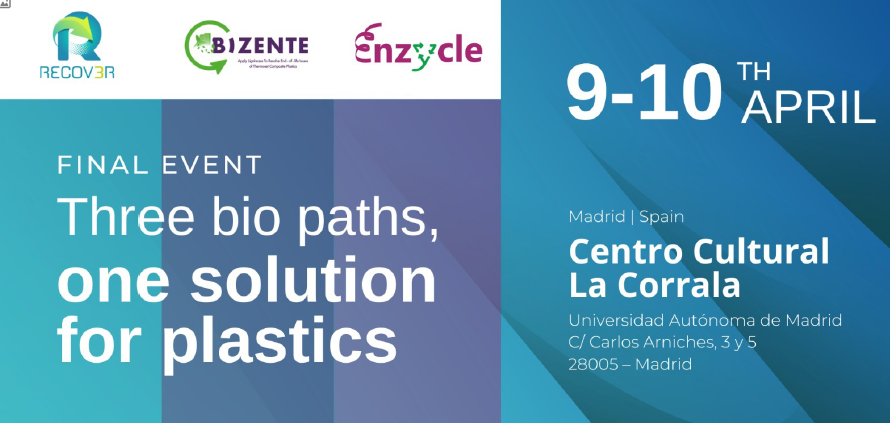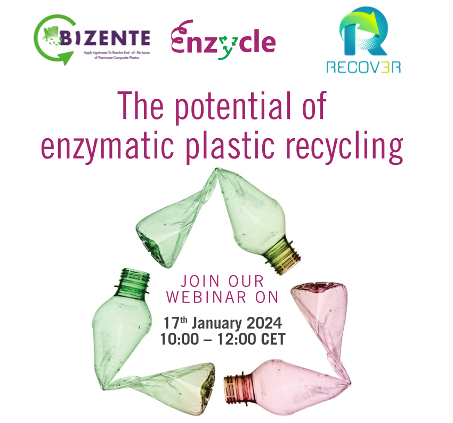MIX UP, MIXed plastics biodegradation and UPcycling using microbial communities
3 February Patrizia Cinelli, University of Pisa, Department of Civil and Industrial Engineering, Pisa, Italy, participate in project Mix Up, a space that aims to showcase a novel approach to plastics recycling and thus address one of the greatest challenges of our time: the establishment of a circular (bio)-economy for plastics. The continuous demand for plastic products, the lack of adequate recycling and the pervasive contamination of the environment with plastic waste pose a global challenge.
Professor Cinelli’s presentation will focus on pollution by plastics such as polyethylene (PE), polystyrene (PS) and polypropylene (PP) and the serious damage they are causing to the environment, posing a dangerous risk to human health in the near future. The search for operational solutions is becoming a matter of urgency in the face of ever-increasing plastic production. In recent decades, degradation of plastics by biological systems has been considered as a potential way to dispose of plastic waste, a pathway revived by the discovery that some insect larvae were able to degrade PE and PS.
However, the identification of the culprit within the larvae, and thus the possibility of developing a biotechnological tool, has been elusive. Recently, the wax worm, as the larva of the lepidopteran Galleria mellonella is called, provided the solution to this enigma: saliva turned out to be the means by which the animal can degrade EP within hours of exposure. Two enzymes present in the saliva of the wax worm and produced by the worm itself are responsible for this effect. Could these two newly discovered enzymes be the gateway to the solution to the plague of plastic pollution?









There are no comments